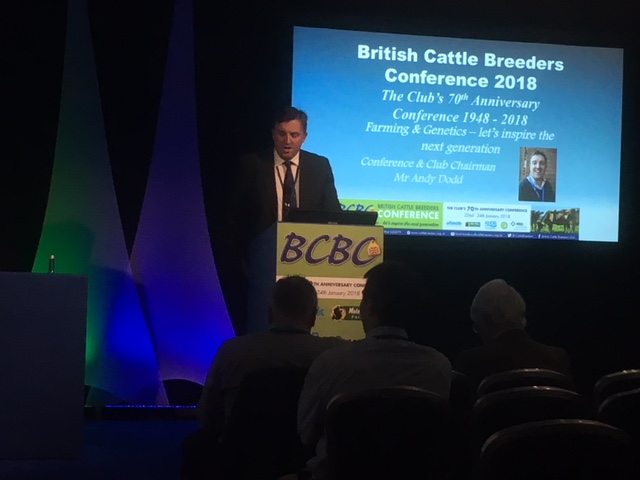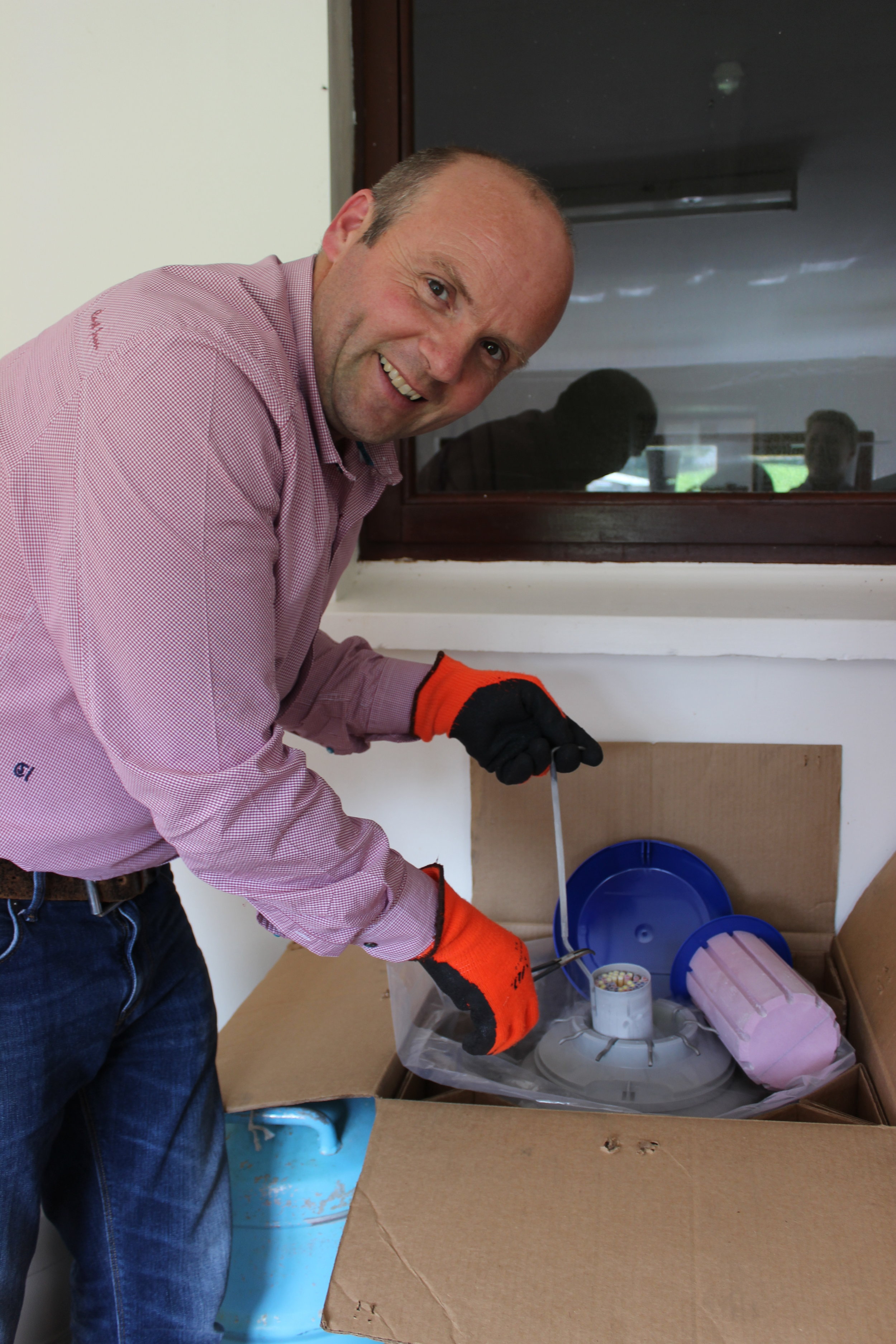Although their freezing process remains a closely-guarded secret within their Londonderry-based company, the brothers are now in keen demand around the world to provide tuition in handling and insemination.
The most recent Chinese order for 2,000 straws will follow smaller shipments, in a sequence of events which is typical for the company when new customers come on board.
“This customer started with a small order of 100 straws in order to test the water,” says Nigel Overend. “When they were confident they would achieve high conception rates, they moved on to much larger orders.”
Semen from these shipments will be largely destined for Chinese multiplication units which produce high genetic merit breeding stock for commercial herds.
“In many cases, the technicians trained by Deerpark are achieving conception rates far beyond anything they have had from any other country before,” adds Robert Overend.
The most recent order to China is the third the brothers will have shipped to the same company and one of many orders which have recently been destined for the Far East. Others include a significant order which left the UK for Thailand last month.
Further interest in Deerpark comes from the rare and minority breeds which are banked at the stud alongside the commercially important Large White and British Landrace.
This stems from the fact that the British Pig Association and the Rare Breeds Survival Trust (RBST) have designated the Deerpark Stud as the centre for their breed conservation programmes. This means orders can also be fulfilled for breeds such as the Large Black, Berkshire, Gloucestershire Old Spots, British Lop, Middle White and Oxford Sandy & Black.
In total, the company has seen a 300 per cent increase in its frozen semen sales over the past two years. A large proportion of this growth is attributed to export orders, a demand which has developed following the company’s ongoing presence at international trade events.
Events the brothers have attended include Viv Asia in Thailand, World Pork Expo in the USA and Agrilink in the Philippines. Their presence at these and other exhibitions has been supported by the BPA, the UK government’s DIT as well as embassies around the world.
“The DIT and the BPA have been hugely important in supporting the UK presence at these events,” says Mr Overend. “They set up the stands and provide interpreters, and we just turn up with the information about our product.
“It’s proven to be very successful for us and with the uncertainty over Brexit, it will be more important in the future to be seen on the international stage,” he says.
As a result of the significant increase in demand, Deerpark Pedigree Pigs is now undergoing expansion of its current stud and existing pig units.
Ends




